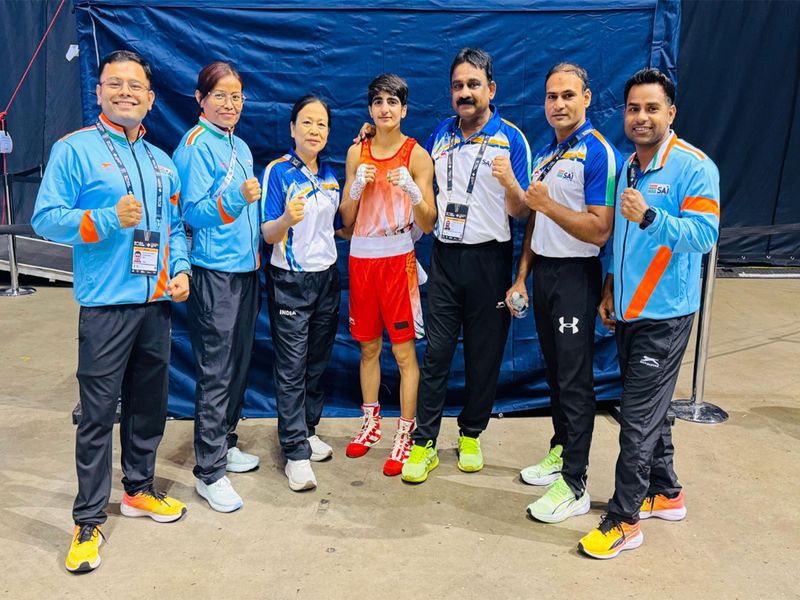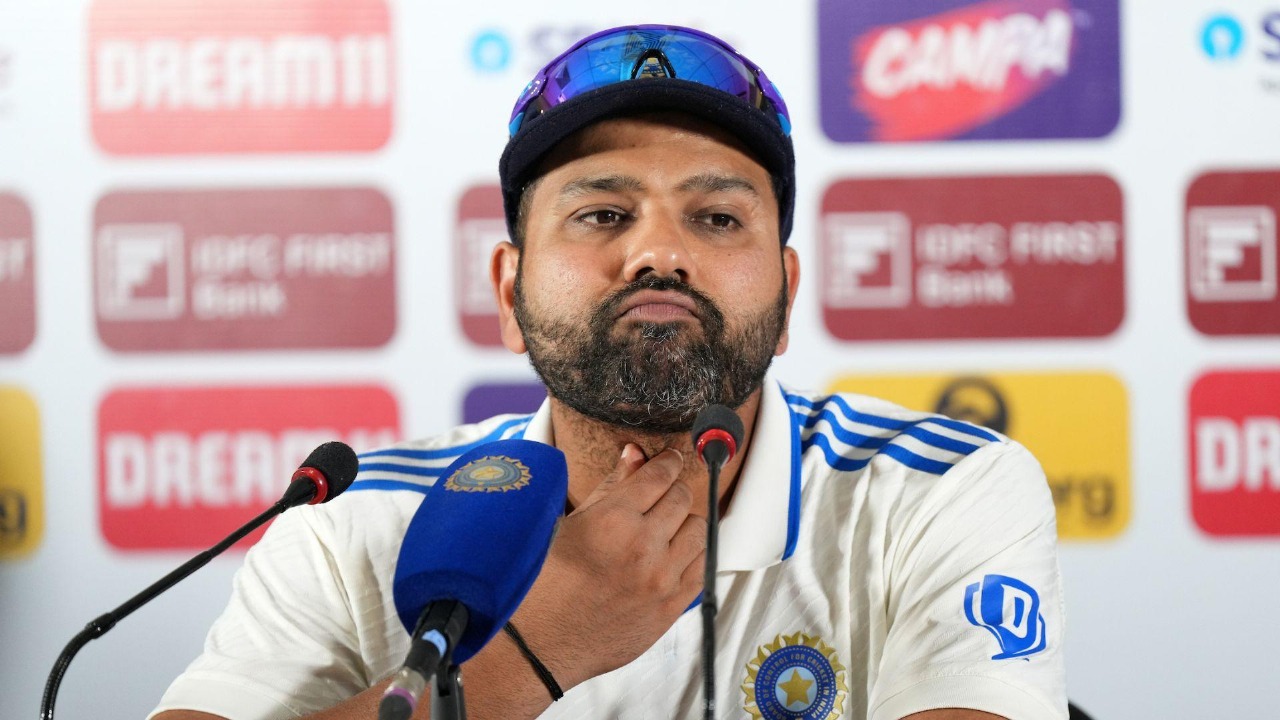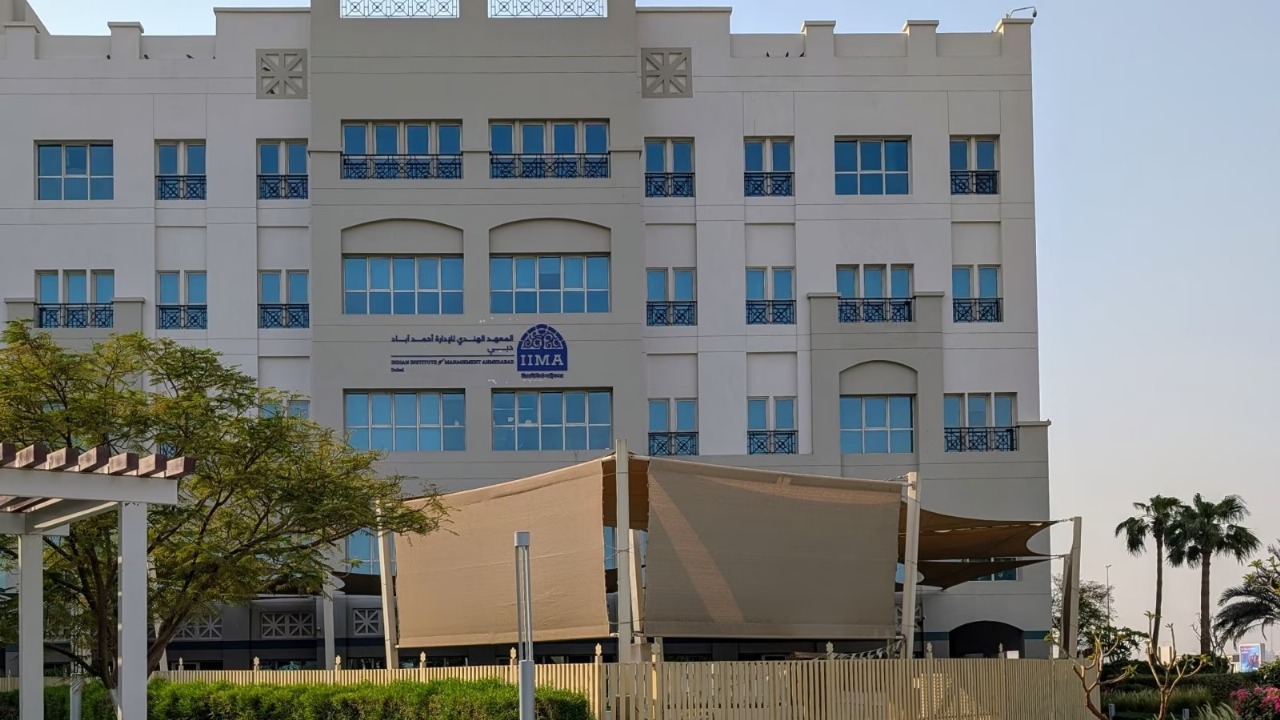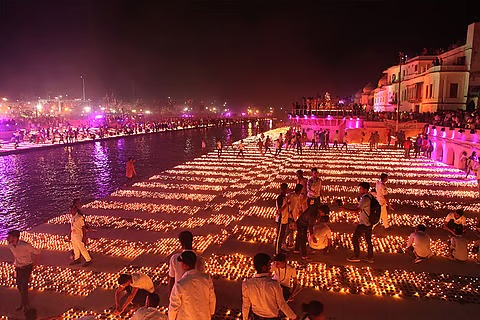
Follow WOWNEWS 24x7 on:
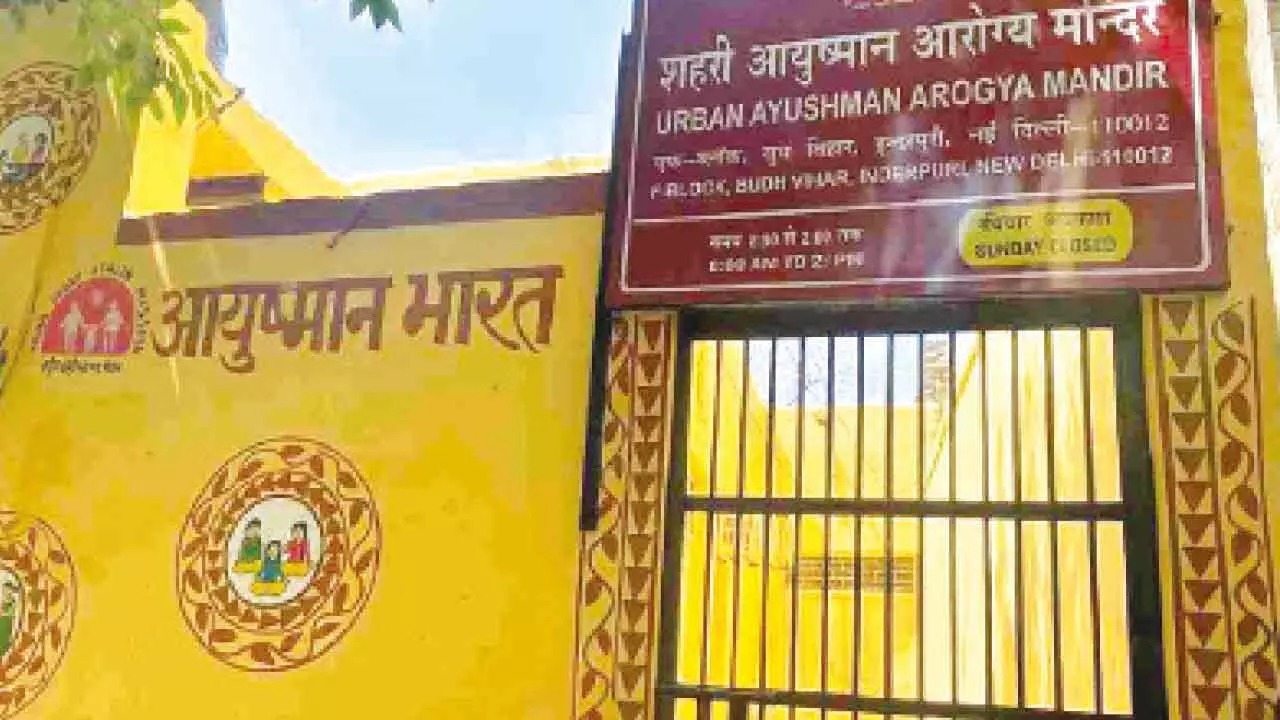
In a landmark initiative to strengthen public healthcare infrastructure, the Delhi government will inaugurate 101 Ayushman Mandir wellness centres and five newly constructed hospital blocks on September 17, 2025. The launch coincides with Prime Minister Narendra Modi’s birthday and forms part of the broader Seva Pakhwada campaign, a fortnight-long public service drive led by the Bharatiya Janata Party.
Union Home Minister Amit Shah will preside over the inauguration ceremony, marking a significant expansion in Delhi’s commitment to affordable and holistic healthcare under the Ayushman Bharat framework. The new facilities are expected to improve access to primary care, maternal and child health services, and chronic disease management across the capital.
Key Highlights From The Health Infrastructure Rollout
- 101 Ayushman Mandirs to be launched across Delhi to provide integrated wellness services
- Five hospital blocks inaugurated at key government hospitals, including Sanjay Gandhi and Guru Gobind Singh Hospitals
- The initiative is part of a Rs 3,000 crore infrastructure package under Seva Pakhwada
- Ayushman Mandirs will offer preventive, promotive, and diagnostic services under one roof
- Hospital expansions aim to reduce patient load and improve specialty care access
Ayushman Mandirs: Expanding Preventive Healthcare
The Ayushman Mandir centres are designed to serve as community-level wellness hubs, offering services such as basic diagnostics, yoga therapy, nutrition counseling, and chronic disease screening. These centres will operate under the Ayushman Bharat framework and are expected to reduce the burden on tertiary hospitals by addressing health issues at the primary level.
Each Ayushman Mandir will be staffed with trained health workers, AYUSH practitioners, and paramedical personnel. The centres will also facilitate digital health records and telemedicine consultations, improving continuity of care and data-driven interventions.
Delhi Health Minister Pankaj Singh emphasized that the initiative reflects the government’s commitment to universal health coverage and equitable access. The centres will be strategically located in underserved areas to bridge healthcare gaps and promote wellness culture.
Hospital Block Expansions: Boosting Capacity And Specialization
The five hospital blocks being inaugurated include major expansions at:
1. Sanjay Gandhi Hospital
2. Acharya Bhikshu Hospital
3. Guru Gobind Singh Hospital
4. Bhagwan Mahavir Shri Dada Dev Matri Avum Shishu Chikitsalaya
5. One additional block at a yet-to-be-disclosed location
These blocks will add hundreds of beds, new operating theatres, maternity wards, and diagnostic labs. The upgrades are aimed at improving patient throughput, reducing wait times, and enhancing the quality of care in high-demand departments such as pediatrics, obstetrics, and emergency medicine.
The expansions are part of a broader Rs 3,000 crore investment package that also includes drainage infrastructure, fire safety upgrades, and digital surveillance systems across Delhi.
Seva Pakhwada And Broader Civic Initiatives
The healthcare rollout is one of several initiatives under the Seva Pakhwada campaign, which includes:
- Launch of 75 surveillance drones operated by trained women personnel from IGDTUW
- Flagging off 25 compact fire tenders for congested urban zones
- Unveiling of the Delhi Drainage Master Plan to address waterlogging and climate resilience
These efforts reflect a coordinated push to modernize Delhi’s public service infrastructure and enhance citizen safety, health, and mobility.
Forward Outlook
The inauguration of Ayushman Mandirs and hospital blocks marks a transformative moment in Delhi’s healthcare journey. With a focus on decentralization, digital integration, and preventive care, the initiative is expected to improve health outcomes and reduce systemic strain.
As the centres become operational, stakeholders will monitor service delivery, patient satisfaction, and integration with existing health schemes. The success of this rollout could serve as a model for other urban regions seeking scalable and inclusive healthcare solutions.
Sources: Daily Pioneer, Devdiscourse, Economic Times
